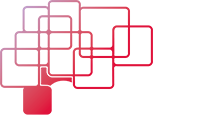Keynote Speakers
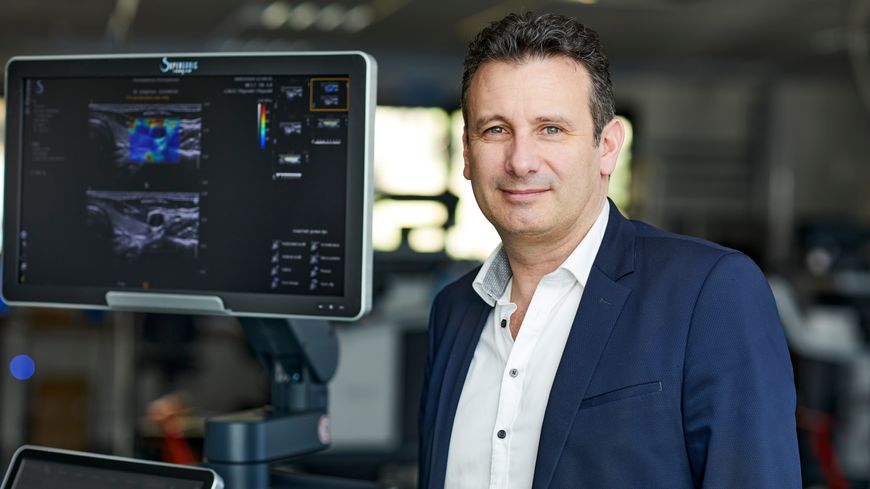
Keynote Speaker
Prof. Mickael Tanter
Director of Physics for Medicine Paris Research director at Inserm (DRCE), France
Mickael Tanter is a research professor of the French National Institute for Health and Medical Research (Inserm), elected member of the european Academy of Science, distinguished professor of ESPCI Paris and AXA Chair Professor. He is heading the laboratory Inserm “Physics for Medicine Paris” (Inserm, CNRS, ESPCI Paris), Paris, France. Mickael Tanter is an expert in biomedical ultrasound and wave physics. He authored more than 300 peer-reviewed papers and book chapters and is the recipient of 50 international patents. In the last 20 years, he co-invented several major innovations in Biomedical Ultrasound: Transient Elastography, Ultrafast Ultrasound and Shear Wave Elastography, functional Ultrasound (fUS) imaging of brain activity and Superresolution Ultrasound based on Ultrasound Localization Microscopy. He received many national and international distinctions (among them the Honored Lecture of the Radiology Society of North America in 2012, the Grand Prize of Medicine and Medical Research of Paris city in 2011, the Grand Prize of Fondation de la Recherche Médicale in 2016 and the Carl Hellmuth Hertz Prize of IEEE Ultrasonics, Ferroelectrics and Frequency Control society in 2017, and the highest distinction of the European Society in Molecular Imaging ESMI in 2018). M. Tanter is also the co-founder of several MedTech companies in Biomedical Ultrasound (Supersonic Imagine, CardiaWave, Iconeus).
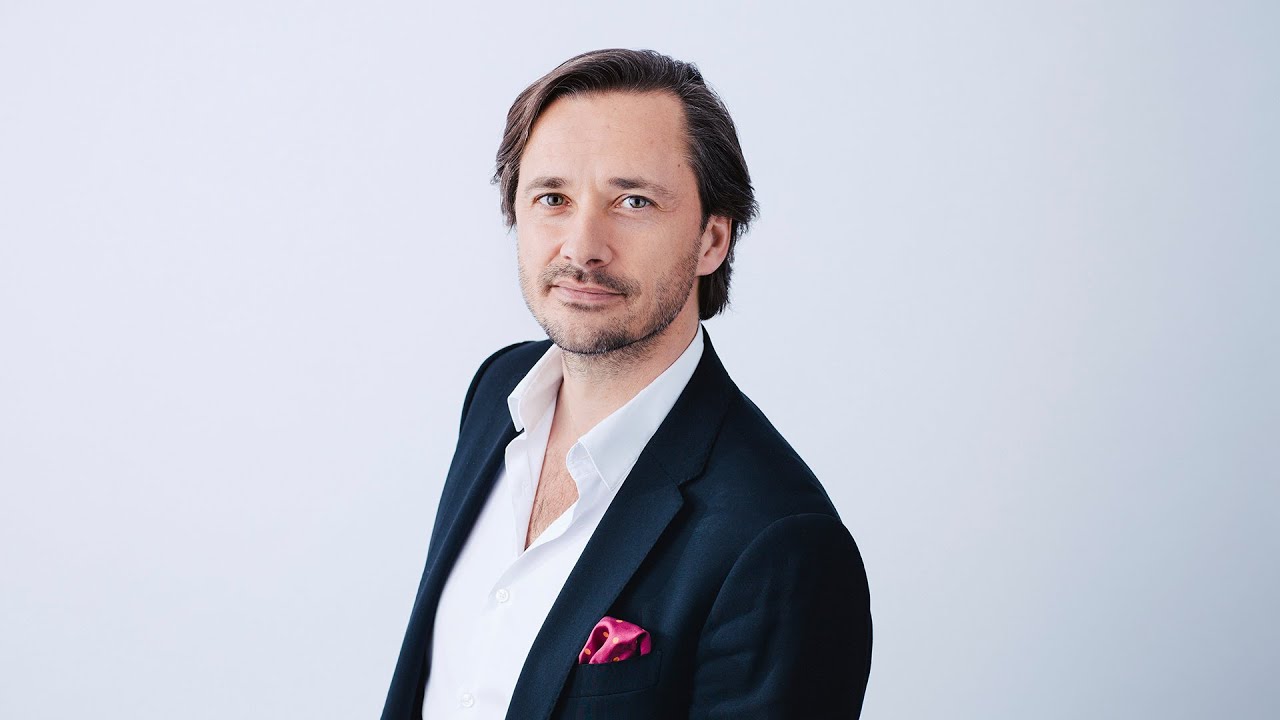
Keynote Speaker
Prof. Grégoire Courtine
Professor at the École Polytechnique Fédérale de Lausanne (EPFL), Switzerland
Prof. Courtine is a French neuroscientist, physicist and a professor at the EPFL, where he is the co-director of the Defitech center for interventional neurotherapies (.NeuroRestore). His research focuses on the field of neurotechnology, with the aim to restore locomotor functions in patients with central nervous system disorders such as spinal cord injuries. Courtine heads the G-LAB within the Brain Mind Institute and the Center for Neuroprosthetics at EPFL. Using targeted spinal cord stimulation neurotechnologies, Courtine and colleagues significantly contributed to the field of neurorehabilitation by publishing a number of studies successively reporting the restoration of voluntary locomotion in rats with partial and complete. spinal cord injuries, in primates and in paralyzed human patients, and restoration of blood pressure stability in human patients with spinal cord injuries. Courtine has received several international research and innovation prizes such as the Chancellor’s Award for postdoctoral research (2008), the International Foundation for Research in Paraplegia Schellenberg Research prize (2010), the Debiopharm Group Life Science Award (2013), the Rolex Award (2019), and the Leenards Foundation Science Prize (2021).
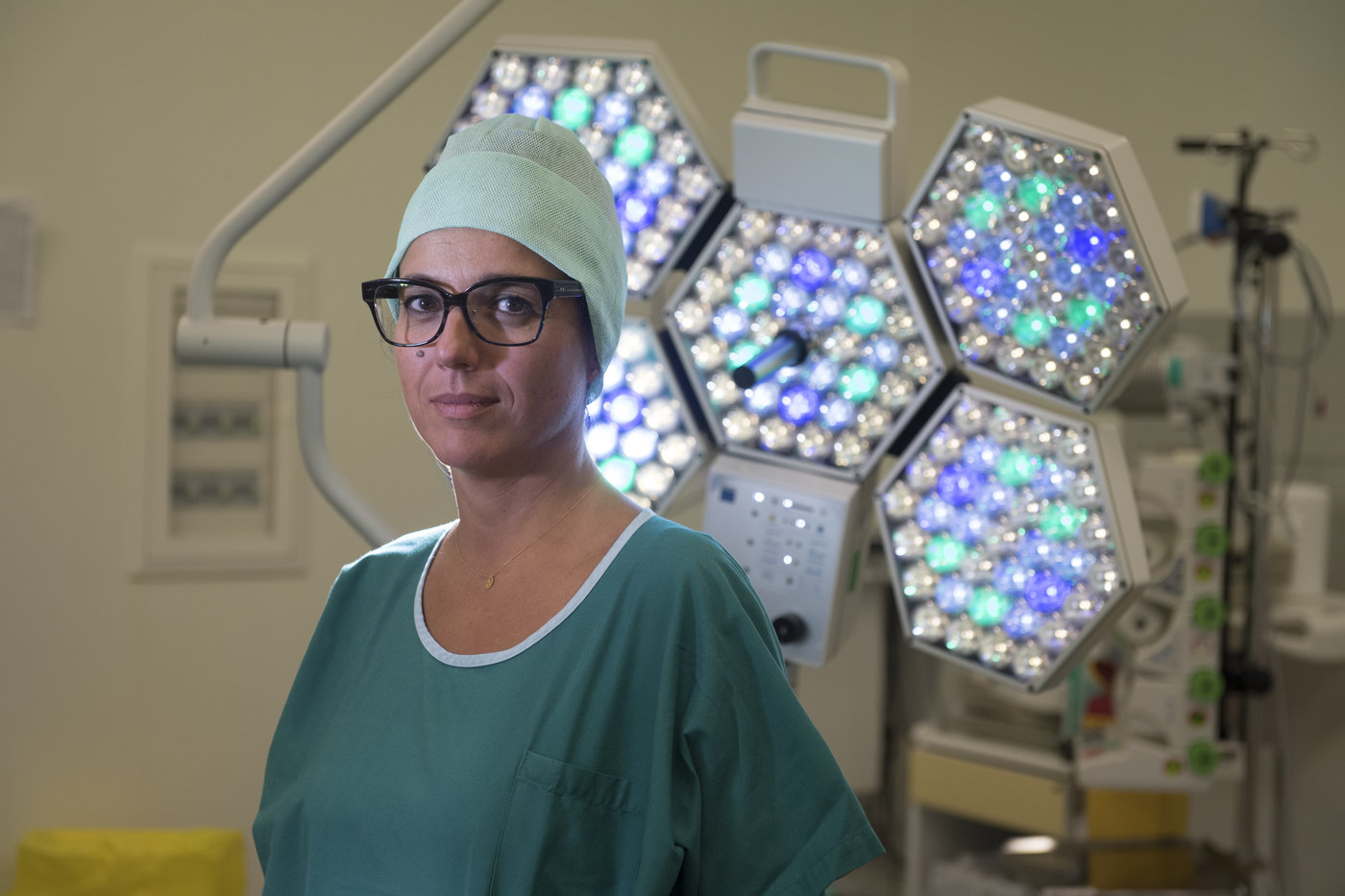
Keynote Speaker
Prof. Jocelyne Bloch
Neuroscientist and neurosurgeon at Lausanne University Hospital and École Polytechnique Fédérale de Lausanne (EPFL)
Prof. Bloch is a Swiss neuroscientist and a neurosurgeon at Lausanne University Hospital and at EPFL. Bloch graduated in the Faculty of Medicine of Lausanne University in December 1994 and she obtained her neurosurgical degree in 2002. Her area of expertise is deep brain stimulation and brain repair in relation to movement disorders. In collaboration with EPFL, she is currently leading a clinical feasibility study that evaluates the therapeutic potential of this spinal cord stimulation technology, without a brain implant, to improve the walking ability in people with partial spinal cord injury affecting the lower limbs. Since 2019 she has also been an Adjunct Professor of neuroscience at EPFL. Since 2019, Bloch together with Grégoire Courtine, leads the .Neurorestore Laboratory. Bloch was awarded the Ronald Tasker Award (2019) of the World Society for Stereotactic and Functional Neurosurgery for her innovative research in neuromodulation and spinal cord repair.
Other Speakers
Speaker
Dr. Djaina Satoer
Clinical Linguist and Assistent Professor, Erasmus MC,
The Netherlands
Dr. Djaina Satoer is Clinical Linguist and Assistant Professor at the department of Neurosurgery at the Erasmus MC University Medical Center in Rotterdam, The Netherlands. As a clinical linguist her expertise concerns language monitoring before, during and after awake brain tumor surgery. She studied French Language and Culture at Utrecht University and received her master degree in 2007. Thereafter in 2009, she obtained her research master of arts in Linguistics at Utrecht University. She then started gaining clinical experience at the department of Neurosurgery at the Erasmus MC between 2009 and 2011. She studied the effects of awake brain surgery on language and received her PhD degree in 2014. In 2014 she joined the group of Neurolinguistics as an assistant professor and coordinator of the Groninger Center of Expertise for Language and Communication Disorders at the University of Groningen next to her clinical and post-doc position in Rotterdam. She now holds a full-time position as clinical linguist and assistant professor at Rotterdam since 2018 and she is leading the group of Clinical Linguistics. With this team and other co-workers she investigates perioperative language functioning in brain tumor patients, which can be directly used for patient counseling, and she also develops aphasia tests for neurological population.
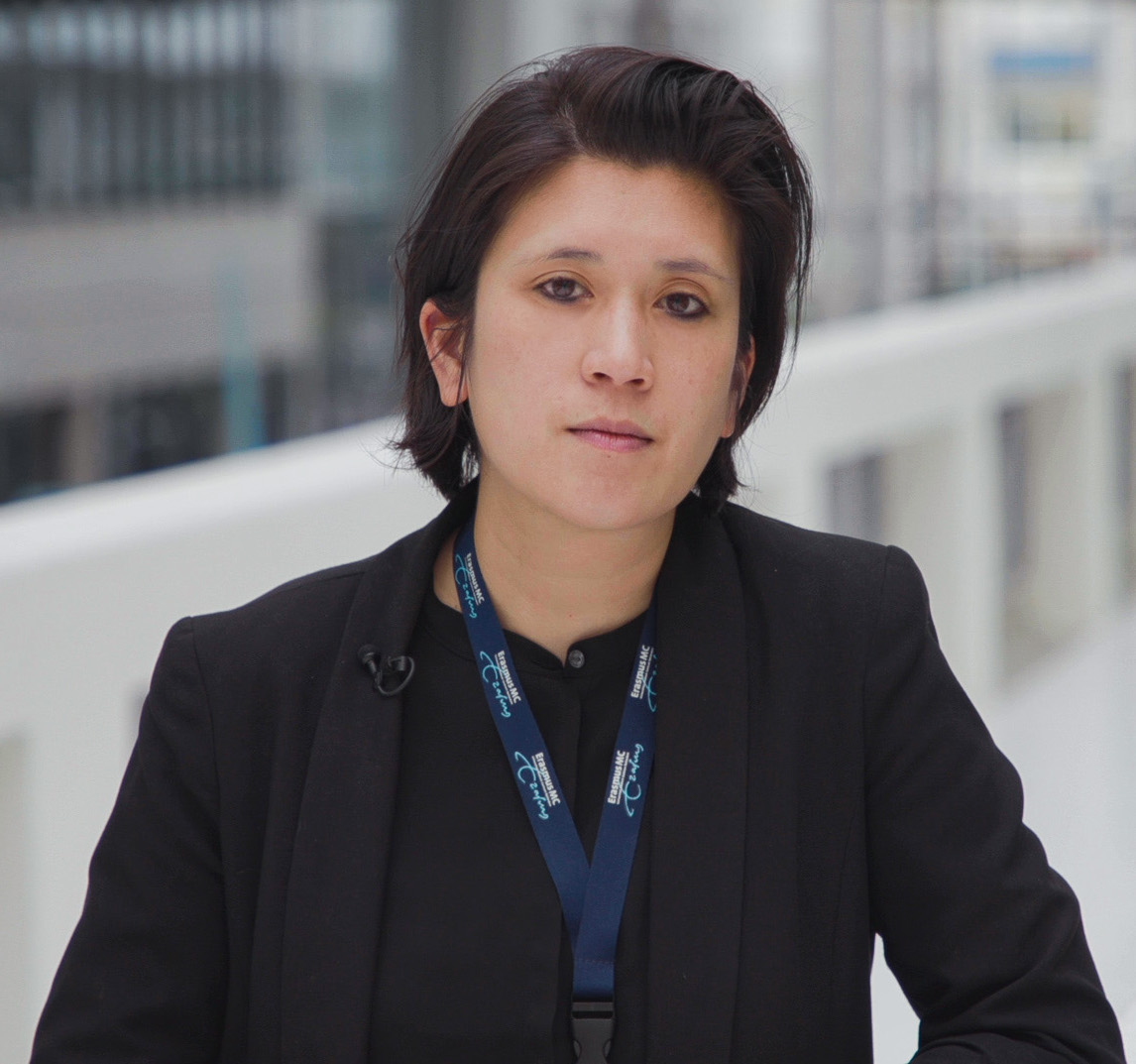
Speaker
Dr. Lennart Verhagen
Donders Institute, Radboud University, The Netherlands
Dr. Lennart Verhagen is an Assistant Professor of Cognitive Neuromodulation at the Donders Institute for Brain, Cognition, and Behaviour at the Radboud University, Nijmegen, the Netherlands. He is the Chair of the International expert group on Transcranial Ultrasonic Stimulation Safety and Standards (ITRUSST) and Director of the Radboud Focused Ultrasound (FUS) Initiative. an integrative neuroscientist, Verhagen studies the brain and cognition across species and across scales, combining behavioural, neuroimaging, and neuromodulation techniques. As a research fellow at Oxford, Verhagen has shown how deep brain regions can be modulated with non-invasive focused ultrasound, inducing hour-long plastic changes. Now at the Donders Institute, the Verhagen lab is developing ultrasonic neuromodulation tools for both basic research and clinical application.
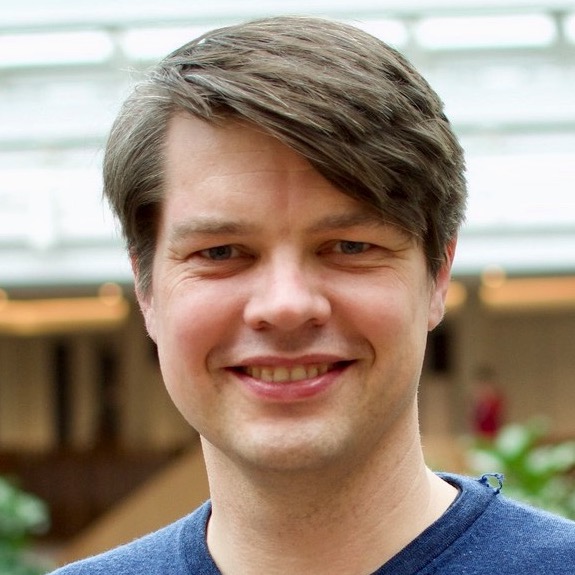
Speaker
Dr. Francesco Prada
Neurologic Institute C. Besta, Milan, Italy
Dr. Prada is a neurosurgeon and Director of the Acoustic Neuro-Imaging and Therapy Lab (ANTY-Lab) at the Neurologic Institute C. Besta in Milan. He specializes in the use of ultrasound for imaging and therapy of the nervous system, from intra-operative guidance for tumor removal to US mediated post-operative treatments. He actively participates in clinical treatment and researches related to treatment of various brain disease, especially brain cancer, with focused ultrasound (BBB opening, sonodynamic therapy) and he is developing a system to perform transcranial ultrasound guided focused ultrasound procedure to perform US mediated treaments (USgtUS). He is Brain Program Advisor for the Focused Ultrasound Foundation.
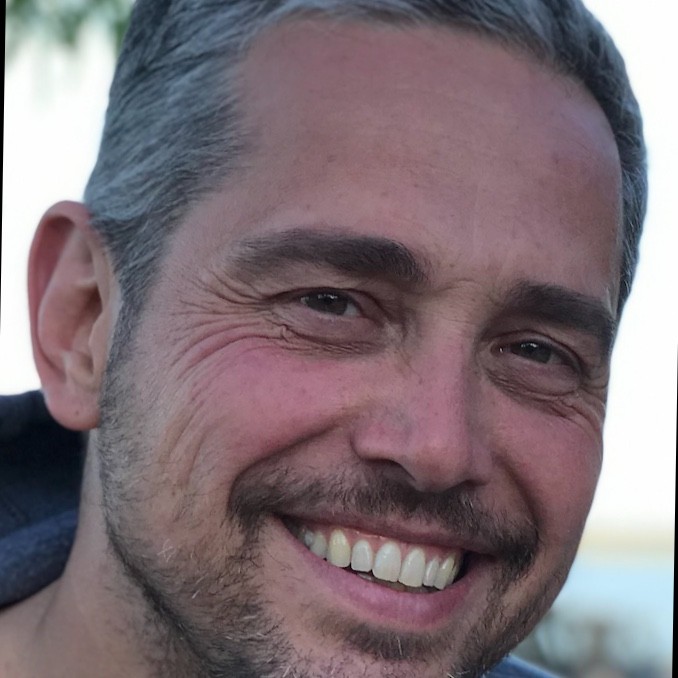
Speaker
Dr. Jeroen Dudink
Wilhelmina Children’s Hospital, UMC Utrecht, The Netherlands
Dr. Jeroen Dudink is a neonatologist and clinical scientist at UMC Utrecht. His primary research focus lies in studying neonatal brain development. He collaborates with various international research groups to study the significance of sleep for early brain development. His expertise in the use of cerebral ultrasound as a tool for understanding and tracking brain injury and development, has placed him in the EurUsBrain Ultrasound group of the European Society for Paediatric Research (ESPR). Beyond his research interests, he is the chairman of the Association for Child and Sleep and a co-founder of the Sleep Discovery Lab.
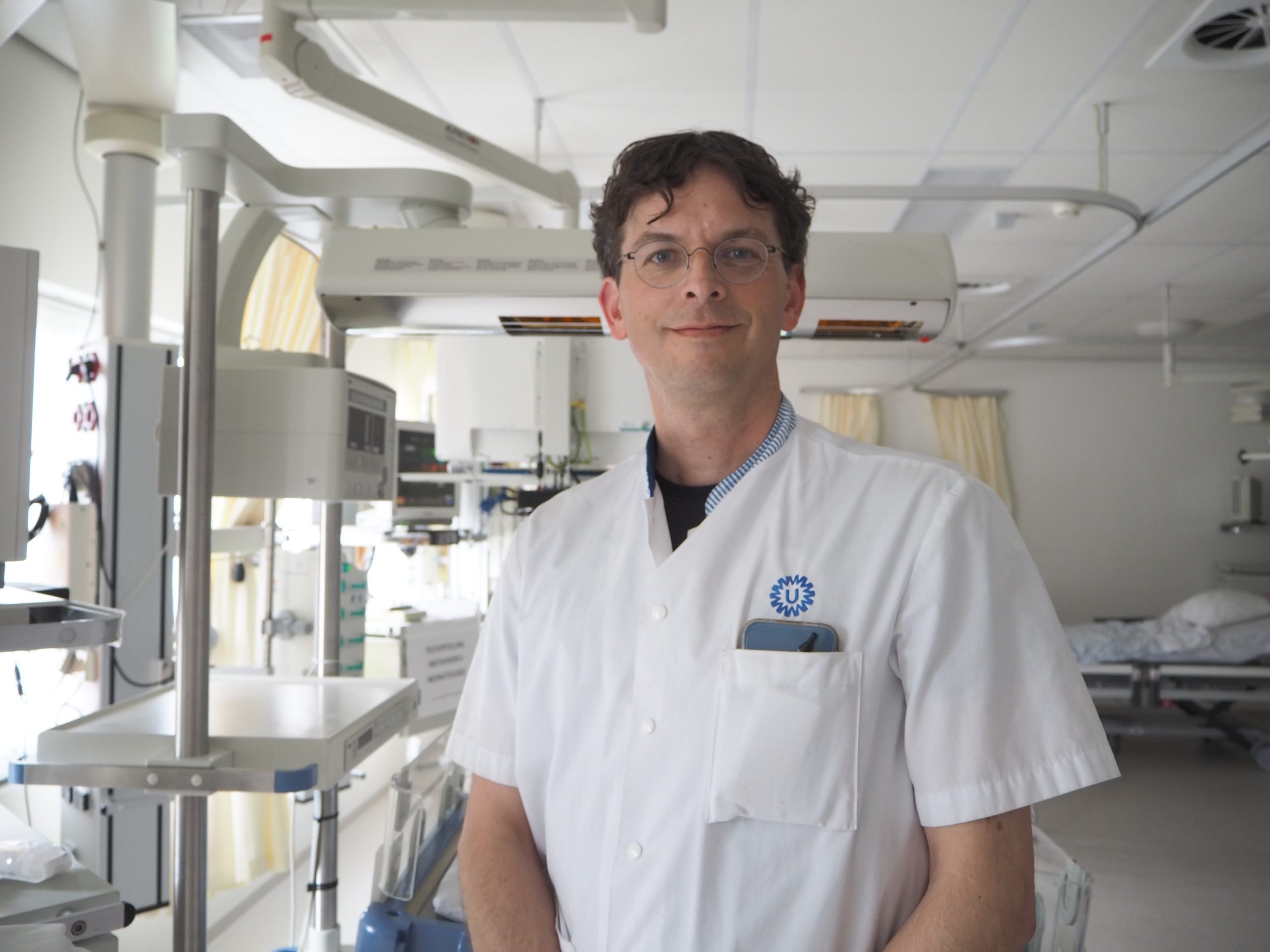
Copyright © 2024 Erasmus MC. Kvk-number: 24485070.
Register
Contact us
